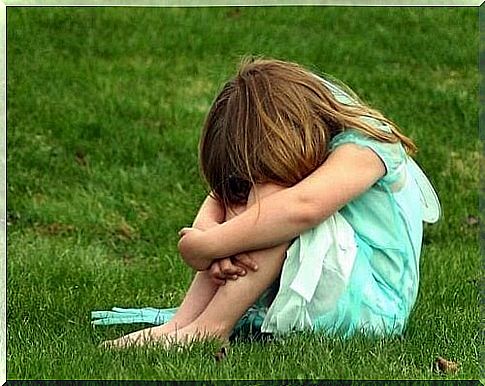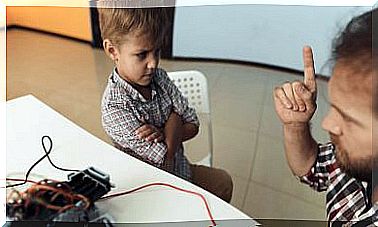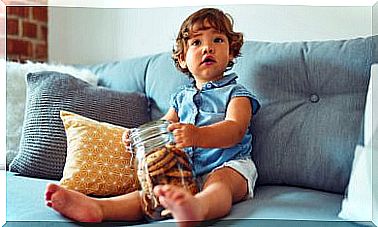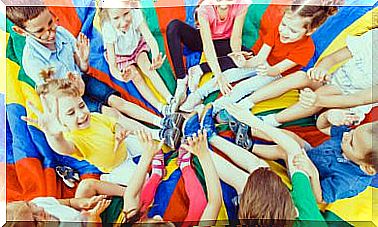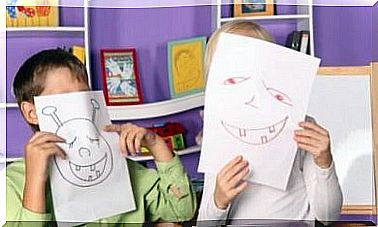The Pygmalion Effect In Children
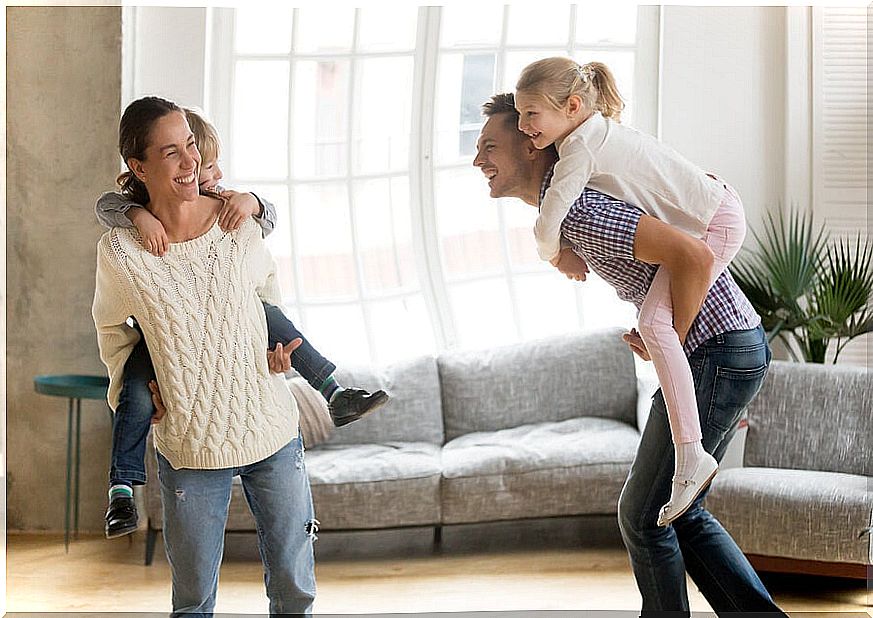
How influential do you consider the expectations and attitudes of adults towards their children are? Next, we will analyze what the Pygmalion effect in children is about, which is precisely linked to the incidence of parents on children’s performance.
The Pygmalion effect in children was discovered at the end of the 1960s: when it was studied how teachers regulated their effort according to the information that was given to them in advance about each student. The success of their methods was also examined in each case.
This phenomenon receives this particular name in honor of an ancient sculptor from Cyprus so named. The myth tells that Pygmalion had a statue called Galatea, whom he treated as a real woman. One night, by the grace of the goddess Aphrodite, the sculptor’s work came to life. The hopes of Pygmalion, who trusted that this would happen, had been fulfilled.
So, to refer to the transcendence that people can exercise in others according to the trust they place in others and what they expect from them, the name Pygmalion effect was created.
How does the Pygmalion effect affect children?
It is nothing new that children see in their parents, and also in their teachers, role models. For this reason, their words, gestures and demonstrations of confidence and trust towards children can have an enormous influence on their results.
In reality, the underlying explanation is much simpler than we might believe: children will learn to see themselves according to how we teach them to do so. If we distrust their abilities and, even worse, if we make them see them explicitly, their chances of achieving success in different fields will decrease significantly.
The Pygmalion effect in children transversally affects the activities in which the boy’s self-esteem is evidenced. Therefore, it can manifest itself in its different fields of action:
- During his educational journey.
- In sports, artistic or any other kind of activities.
- In their relationship with their environment — parents, siblings, friends, teachers, and so on.
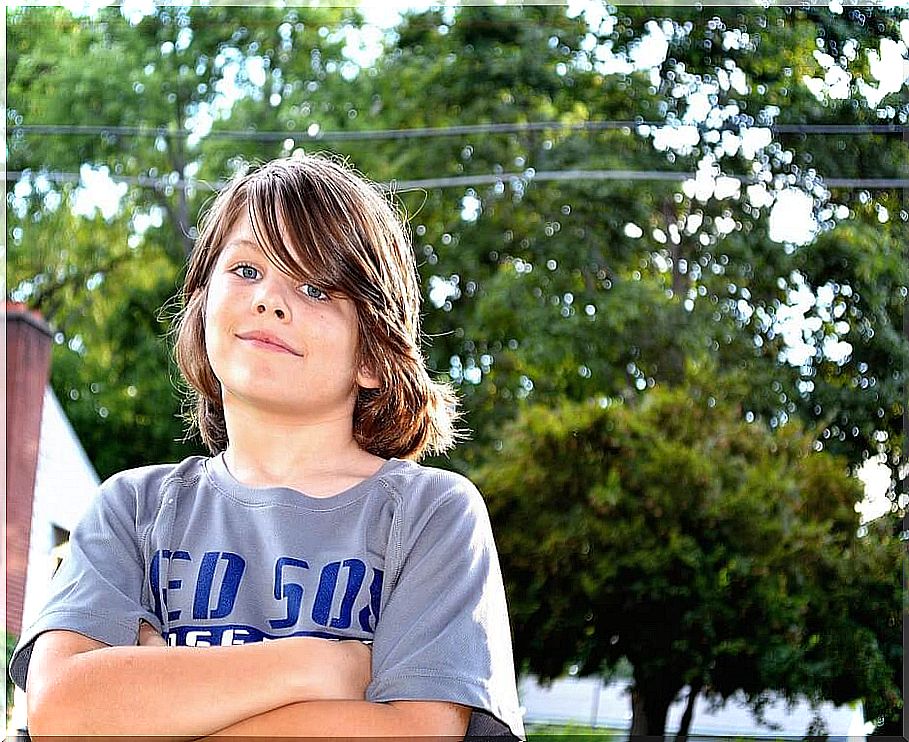
What actions of adults influence children?
If you wonder what everyday actions of the elderly contribute to fostering or appeasing the confidence of the little ones, here are some of them:
- Language: both the tone and the words themselves are decisive in expressing feelings towards others; children are very persuasive and recognize the mistrust or doubts you convey.
- Gestures: non-verbal language is as or more important as the words we speak.
- Attention: children will notice that you will try harder to help or advise them in those activities in which you consider them good; on the contrary, the attention when your expectations are low will also be lower.
- Participation: a point closely related to the above. If you go to his games when you think he will win and do not attend when you do not trust his possibilities, he will feel that lack of security.
- Requirement: The lower your expectations, the less effort you will settle for. And this shows.
Negative consequences of the Pygmalion effect
As much as we tell them over and over that we trust them and believe them capable, children can tell if this is true in our gestures and actions. So, if we don’t respect their space, if we solve all their problems and delegate absolutely no responsibility on their backs, they will interpret that we don’t think they are fit enough to tackle these tasks.
This can go further: if we make decisions about your present or future without even consulting you, we could do serious damage to your self-worth. This includes from everyday issues, such as what shirt you want to wear, to the most relevant, such as attending this or that school or doing a certain sport.
How can they come to feel in their relationship with others if not even their own parents value their opinion or let them take charge of their responsibilities?
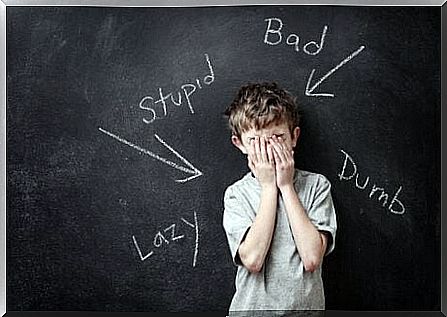
The good side of the Pygmalion effect
A key aspect of taking advantage of the Pygmalion effect in children is detecting their potential and encouraging them to make the most of it. Without a doubt, this will be much more productive than criticizing them for what they do not know how to do well. This process, however, should always be done with the intention that they are the ones who discover what they like and what they do well.
Confidence and appreciation of your progress are also very important. This will give children the motivation to keep going with their efforts; In addition, it will confirm the belief that, indeed, they are capable of achieving their goals.
Be careful: all this does not mean that we should deceive them and make them believe that they are capable of everything. Limitations and failures exist and we all run into them; the secret lies in making them understand that you have to work hard to overcome them.
In conclusion, the Pygmalion effect in children is a double-edged sword. Just as it can be an important growth tool, it can also put up a very difficult ceiling for them to overcome. The results will depend on your attitude towards them.
